Europe/ United Kingdom/ 23.04.2018 / From: www.theguardian.com.
Working-class students are penalised by a “poverty premium”, often paying higher costs to continue studying in a university environment in which they may feel isolated and as though they do not belong, according to a report.
Research for the National Union of Students finds that student expenditure routinely outstrips income from loans, leaving many whose parents cannot afford to subsidise them without the means to pay for basics such as food and heating.
Fees for halls are often unaffordable for those struggling on maintenance loans, with many universities setting rents above inflation to generate additional income, the study claims.
It quotes the results of a freedom of information request by the University of East Anglia students’ union, which found that more than 20 higher education institutions generated more than £1,000 profit per bed space a year.
One student said they had to find an additional £700 on top of their maintenance loan to pay for their accommodation alone. “This pricing policy risks segregating working-class students in lower-cost accommodation from others who have access to additional funds from their families,” the report says.
Working-class students – who are most likely to be employed in a job that requires more than the recommended 15 hours a week of work while studying – also struggled to afford to participate in social events with their wealthier peers, leaving them feeling ostracised. One student said they were expected to pay £200 to join a junior common room for their halls of residence to be included in social activities.
Worcester students’ union submitted evidence from one contributor who said: “[If you are] working-class you are shunned by students too … It’s ridiculous. I remember feeling inferior to everyone else because I wasn’t pretty enough, I didn’t dress nicely enough, I had pack[ed] lunch rather than canteen food.”
An annual survey by the University of Bristol students’ union found just over a third of respondents had witnessed bullying, harassment or discrimination based on a person’s economic or class background.
The NUS report, Class Dismissed: Getting in and Getting on in Further and Higher Education, goes on to point out that dropout rates from university are highest among working-class students, who are more likely to be debt averse than their wealthier peers, yet can end up paying more.
Fees for access courses mean many working-class students pay an additional year of fees to gain qualifications and they can struggle to find a guarantor to rent in the private sector, leading them to use private schemes with higher fees and interest rates.
Addressing student poverty and creating equal access to education has been Shakira Martin’s central mission as NUS president. A black, working-class single mother, she explains in a powerful introduction to the report how education has played a transformative role in her life.
“I left high school with one GCSE, left home at 16 – living on just £44.50 per week – and became the young mother of two beautiful girls. If you were to tell any of my teachers at secondary school this would be where I am, where I have worked to be, they would have never believed you. But here I am. Against all odds. Further education transformed my life and gave me the second chance I needed.
“My hope, and my vision for the UK is that we will arrive at a day where my story is not against all odds. That no working-class person’s story is against all odds. We will no longer be the exceptions to the rule when it comes to success and fulfilment in education. We will be the rule.”
The report calls for the introduction of a minimum living income for students in further and higher education; it also recommends the restoration of maintenance grants, the education maintenance allowance and NHS bursaries for healthcare students.
From: https://www.theguardian.com/education/2018/apr/23/university-costs-working-class-students-more-says-nus-repor

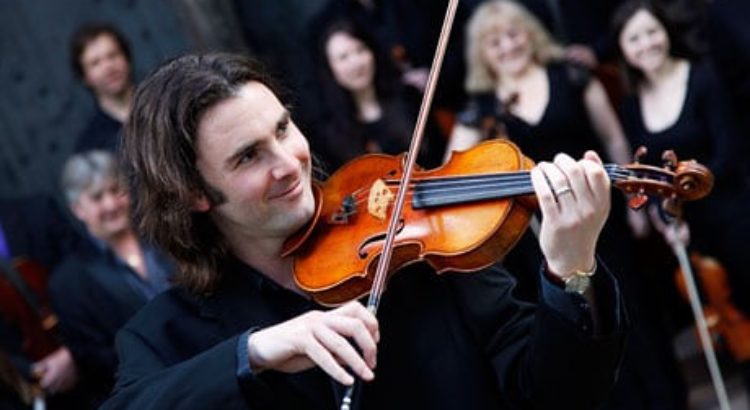
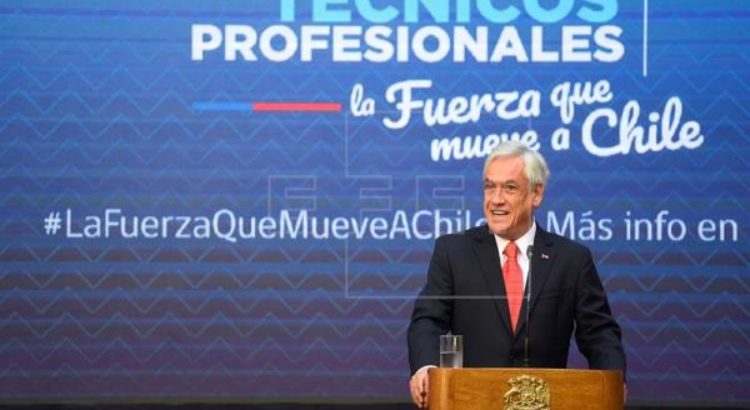
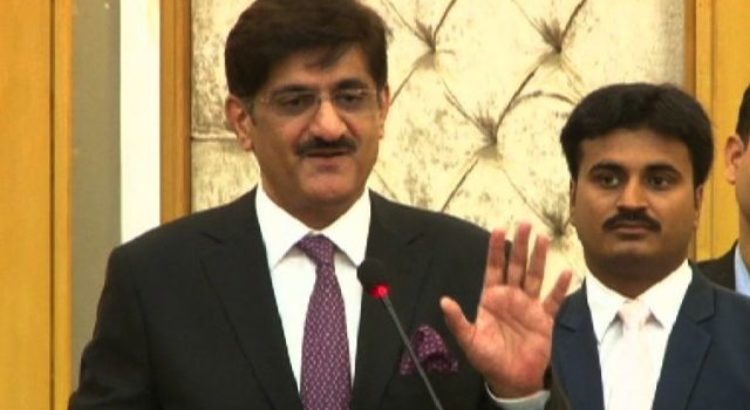
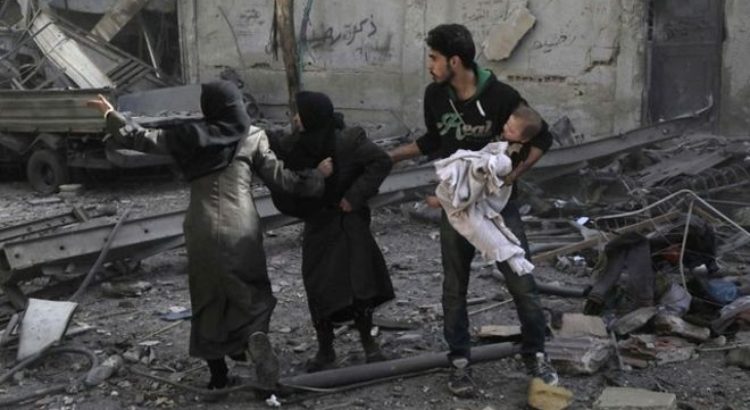
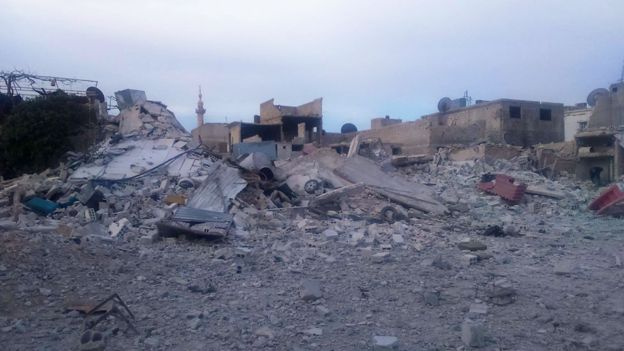
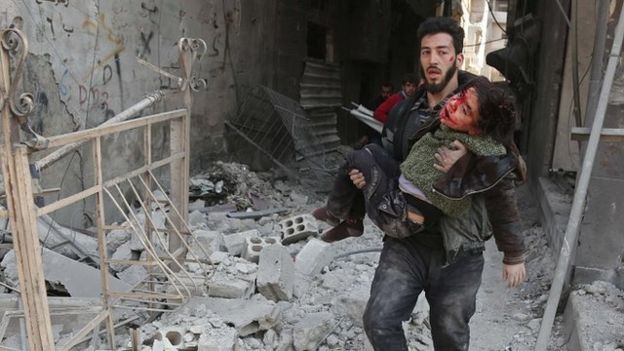
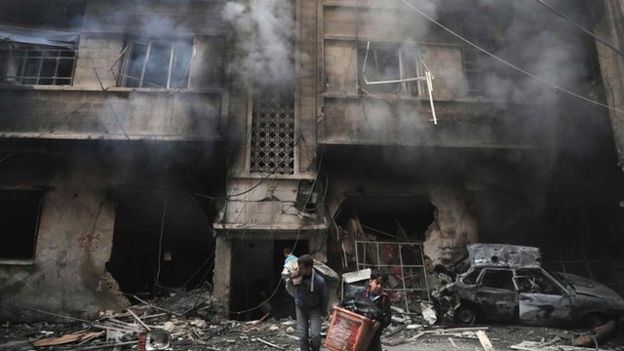
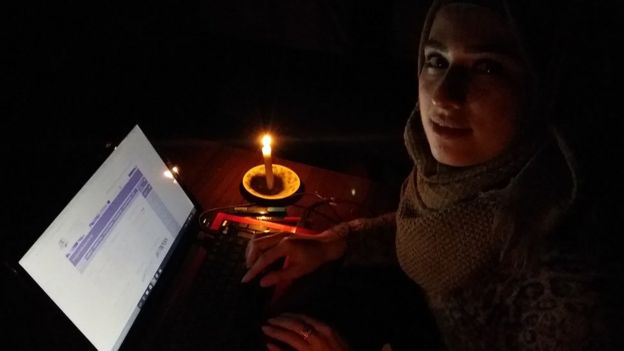
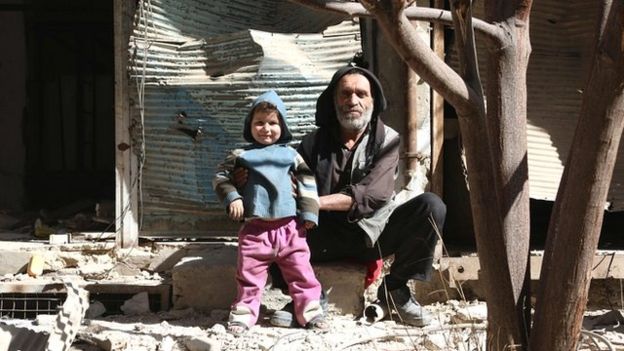
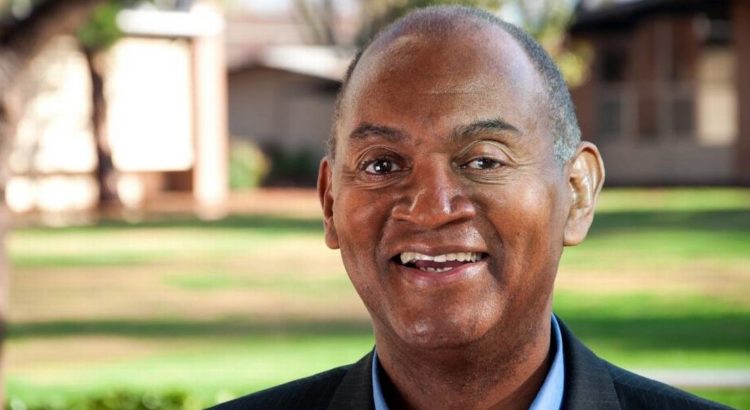
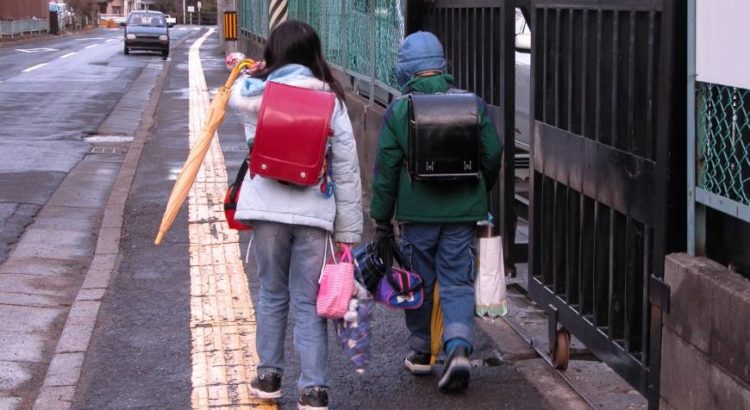







 Users Today : 14
Users Today : 14 Total Users : 35460277
Total Users : 35460277 Views Today : 19
Views Today : 19 Total views : 3418987
Total views : 3418987